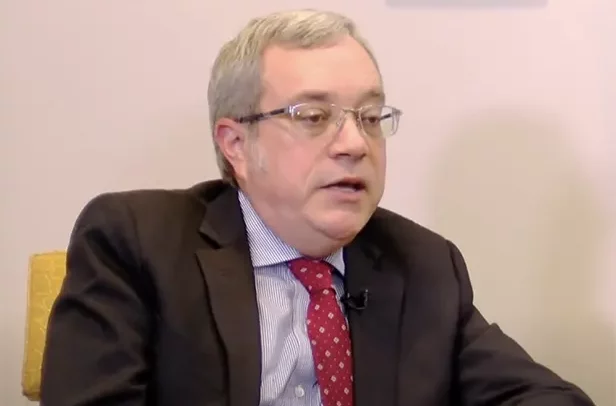Robert Taliercio
Ghana’s economy is showing signs of resilience with a strong growth of 5.7% in 2024 and a continued growth of 5.3% in the first quarter of 2025 amid a challenging macroeconomic environment, a World Bank report has revealed.
World Bank Division Director for Ghana, Liberia and Sierra Leone, Robert Taliercio, made this known during the launch of the 9th Update on Ghana’s economy titled, “Addressing Labour Market Challenges and Opportunities in Ghana’s Economic Landscape” in Accra yesterday.
According to him, despite strong economic resilience, Gross Domestic Product (GDP) growth will moderate to 3.9% in 2025 due to the impact of fiscal adjustments on domestic demand, and persistent inflation higher than the single digit target.
The report which was published in June 2025 also stated that significant risk such as delays in completing external debt restructuring and challenges in fiscal consolidation among others could undermine Ghana’s macroeconomic stability and growth prospects.
“Ghana’s success will depend on maintaining reform momentum and steadfast implementation. Enriching fiscal discipline, strengthening public financial management and carefully managing inflation and exchange rate volatility will be key.
“Energy sector reform including private sector participation is urgent to improve management effectiveness and the collection of energy revenue,” parts of the report stated.
According to the report, Ghana’s working age population is projected to increase significantly over the next decade presenting a major opportunity for economic growth if the expanding labour force could be absorbed into productive employment.
It, however, mentioned that such economic growth could be achieved through structural reforms supported by a private-led growth.
An economist, who is also one of the lead authors of the report, Kwabena Gyan Kwakye said a key focus on employment should be on youth and their transition from school to work to help provide the needed skills as well as strong employment opportunities essential for realising the demographic dividend for a modern economy.
“Job to job transitions are also crucial allowing workers to move into more productive and sustainable employment, whether through geographic or sectoral shifts or within the same firm” he added
The report also recommended infrastructure investments in irrigation, transportation, energy while removing structural constraints to help improve the environments.
“Job creation hinges on unlocking private investment in sectors with potential for scale and productivity gains. This involves increasing access to finance, supporting entrepreneurship and utilising risk management instruments that encourage investment in underserved regions,” it stated.
The World Bank Economic update report is an annual publication that provides an overview of the country’s recent macroeconomic development, 2024-2025 and prospects for the medium term.
By Ebenezer K. Amponsah


